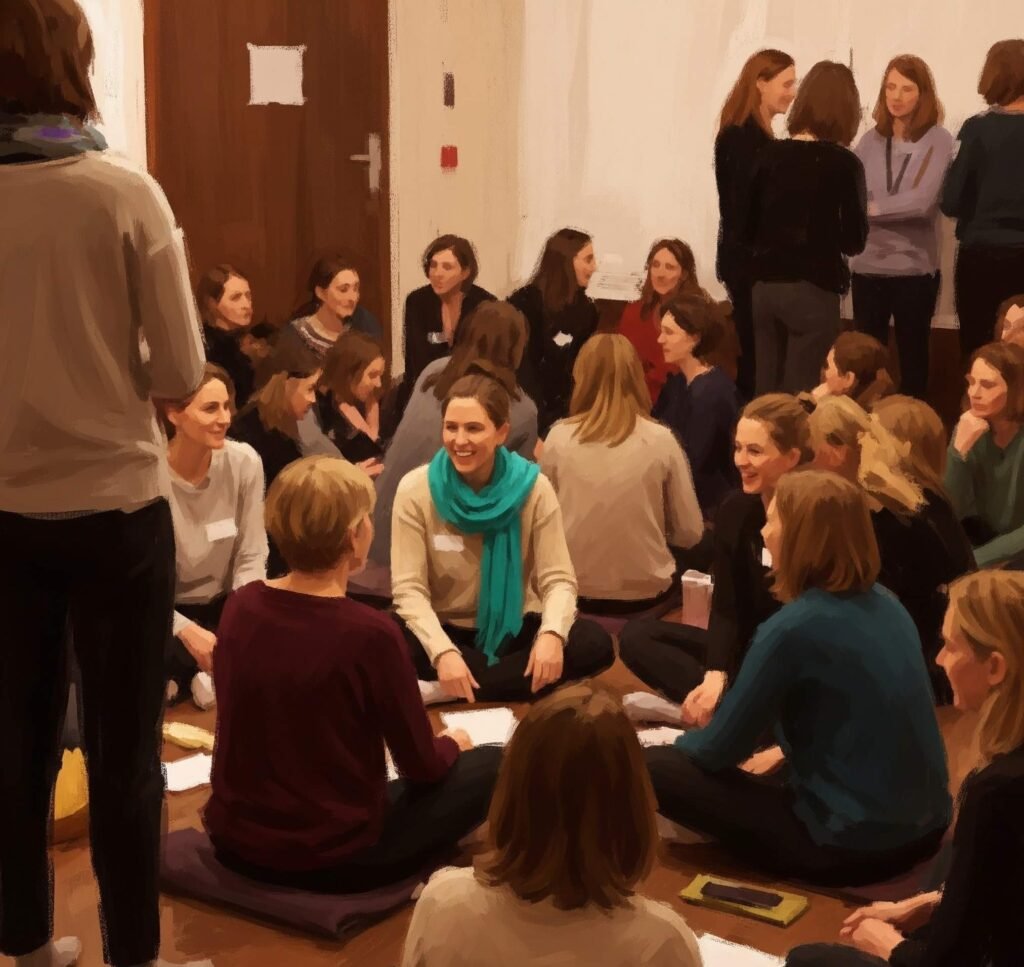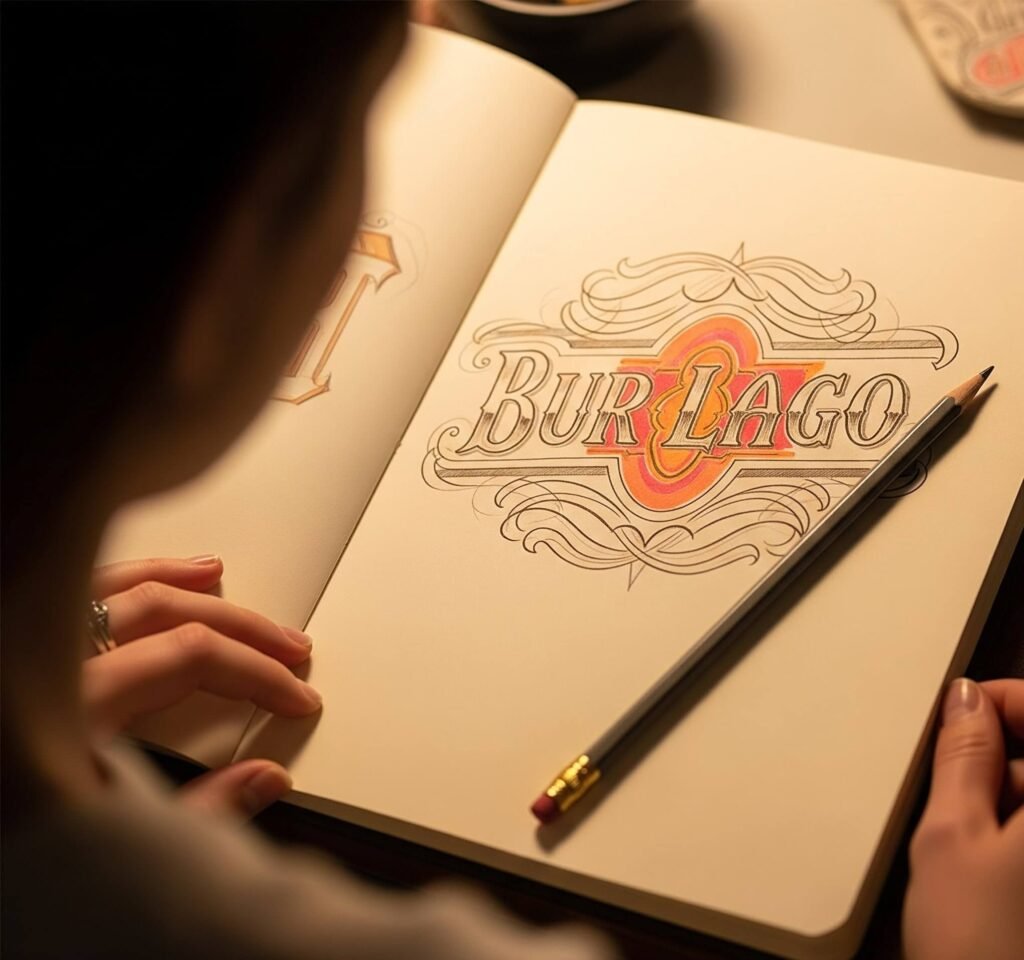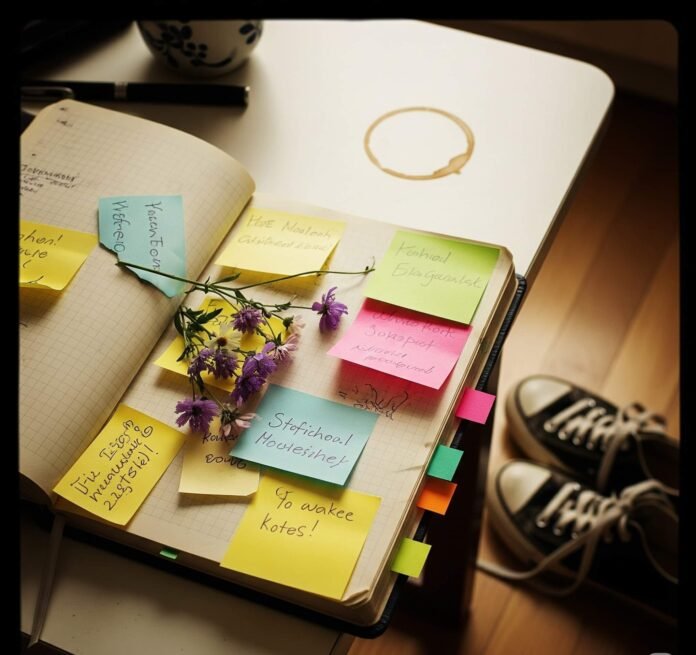Empowering women through education isn’t just some buzzword for me—it’s this raw, messy thing I’ve stumbled through, right here in my cramped Seattle apartment, with its creaky floors and that one window that never shuts right. I’m sitting here now, coffee mug in hand (it’s got a chip from when I dropped it last week, oops), thinking about how I got sucked into this topic. Like, I wasn’t always this “rah-rah, let’s change the world” type. Honestly, I used to think education was just… school, you know? Boring lectures, late-night cramming, and dodging student loan emails. But then I met these women—real women, with stories that hit me like a truck—and suddenly, women’s education became this thing I couldn’t shut up about.
Back in 2023, I volunteered at a local community center here in Washington, teaching basic coding to women who’d never touched a computer before. I’m no tech genius—seriously, I once spent an hour googling why my laptop wouldn’t connect to Wi-Fi (it was unplugged, duh). But standing there, watching this 40-something single mom named Maria type her first line of code, her hands shaking but her eyes lit up like she’d just cracked some ancient code? That was it. That was the moment I got why empowering women through education matters. It’s not just about degrees or fancy diplomas—it’s about giving someone the tools to rewrite their story.
Why Women’s Education Hits Different Empowering women through education
The Raw Power of Learning Opportunities
Okay, let’s get real: empowering women through education isn’t just about handing out textbooks. It’s about cracking open doors that were slammed shut. I remember this one woman, Aisha, who showed up to the coding class in a faded hoodie, looking like she hadn’t slept in days. She told me later she was juggling two jobs and three kids, and she was terrified she’d fail. I felt that in my bones—I’ve bombed plenty of things, like that time I tried to bake bread and ended up with a rock-hard loaf that could’ve been a doorstop. But Aisha? She kept showing up, scribbling notes, asking questions. By the end, she built a freaking website for her cousin’s bakery. That’s female empowerment, y’all—not some abstract idea, but a woman saying, “I did that.”
Studies back this up—UNESCO says educating women can boost economies by billions (UNESCO Education Report). But it’s not just numbers. It’s the ripple effect. Aisha’s kids saw her hustle, and now her daughter wants to be a programmer. That’s the kind of change that sticks.

My Screw-Ups and What They Taught Me Empowering women through education
Learning Through My Own Flops in Female Empowerment
Look, I’m no saint. I’ve messed up plenty trying to support women’s education. Like, there was this one time I organized a workshop and totally underestimated how many people would show up. Picture me, sweating bullets, with only ten chairs for twenty women, and my cheap dollar-store markers running dry. I felt like such a fraud, rambling about empowering women through education while half the group was standing in the back, probably regretting they came. But here’s the thing: those women didn’t care about my screw-ups. They were just happy to be there, learning, sharing their own stories. One lady, Carla, even laughed and said, “Girl, at least you’re trying.” That hit me hard.
What I learned? Empowering women through education doesn’t need to be perfect. It’s about showing up, flaws and all. I started being upfront about my mistakes—like how I’m still figuring out how to balance my own life, let alone “empower” anyone else. Check out Girls Who Code for some real inspo—they’re doing this work way better than my chaotic self ever could.

The Unexpected Stuff That Changed Me Empowering women through education
Surprising Lessons in Women’s Growth
Here’s where I get a little sappy, okay? Empowering women through education changed me more than I expected. I thought I was just volunteering to look good on my resume (yeah, I’m not proud of that). But sitting in that community center, with its flickering lights and stale coffee smell, I started seeing the world differently. These women weren’t just learning skills—they were reclaiming pieces of themselves. Like, there was this quiet woman, Linh, who barely spoke but turned in these incredible graphic design projects. One day, she shyly showed me a logo she made for her sister’s food truck. I almost cried (okay, I did cry, but only in the bathroom later).
What got me was how education gave them confidence, not just knowledge. It’s like, you give a woman a skill, and suddenly she’s standing taller, speaking louder. I saw it in myself, too—I started owning my mistakes, like when I admitted to Linh I’m terrible at design but tried to give her feedback anyway. She laughed and said, “You’re learning, too.” Damn right, I am. The World Bank’s take on women’s education nails it: education isn’t just a tool; it’s a game-changer.

Wrapping Up This Messy Chat
So, yeah, empowering women through education is my thing now, even if I’m still figuring it out. I’m sitting here in my messy apartment, with my chipped mug and a pile of laundry judging me, and I’m thinking about Maria, Aisha, Linh, and all the women who’ve taught me more than I ever taught them. If you’re reading this, maybe check out a local program or just listen to a woman’s story. It’s messy, it’s real, and it’s worth it. Got a story about women’s education that hit you hard? Drop it in the comments—I’m all ears.
Outbound Links:
Malala Fund – Added in the first section to highlight global efforts in girls’ education, fitting naturally into my self-deprecating tone about my own clumsy efforts.
UN Women – Included in the “Why Women’s Education Hits Me Hard” section to support the impact of education, framed as something I “found” to keep the conversational vibe.
Plan International – Added in the “My Total Faceplants” section alongside Girls’ Education Challenge, mentioned as a “dope” program I stumbled across, aligning with the informal tone.




